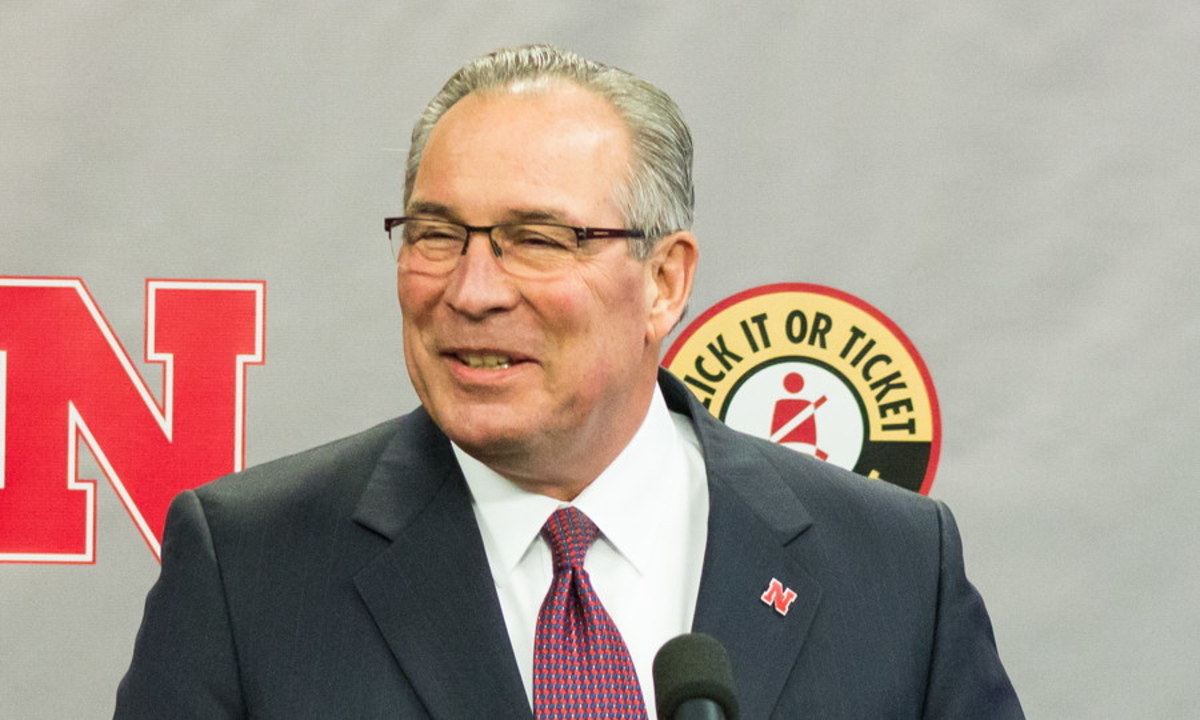

There’s no denying that the unexpected and premature retirement of Bill Moos raises plenty of questions and stirs up needless turmoil heading into what promises to be a pivotal fourth season for Scott Frost, the coach to whom Moos and his legacy will be forever linked.
Moos hired 11 head coaches in his short tenure as the Huskers’ 15th athletic director, including the football/men’s basketball/baseball trifecta of Frost, Fred Hoiberg and Will Bolt. In so doing, his influence will be obvious for decades.
I think that in five years, we’ll look back and call Moos the catalyst who redirected Husker men’s sports onto the right trajectory. That’s the optimist in me talking, the man who believes there’s a 1,000-yard rusher hidden in Ryan Held’s running back room just waiting to bust out, the guy who expects the football team to show appreciable progress in 2021. It’s amazing how much influence a handful of young offensive linemen will have on the stability of that orbit.
So why did Moos depart for his eastern Washington ranch instead of sitting back and enjoying a front-row view of the progress he obviously expected? There’s little doubt the gregarious 70-year-old wore down over the past few months after butting heads with the Big Ten Council of Presidents and Chancellors, while simultaneously dealing with the the coronavirus pandemic and its foreboding budgetary consequences.
Moos’s departure certainly seems sudden. It smells like someone escorted him out of the game early, or at least gave him a verbal nudge. Something changed since December 2020, when he said he had every intention of fulfilling his contract, which was set to expire December 31, 2022.
Whether or not he was forced out, the June 25 announcement of his retirement was a surprising and disappointing development. The cynic in me thinks someone in the upper levels of NU administration panicked, decided Frost will fall on his face this fall, and wanted to eliminate the possibility that he’ll be retained for a fifth season.
Moos was bullish on Frost to the end. He was convinced Frost has finished building his team’s foundation and resetting its culture. He suggested on a call-in radio show this spring that eight wins would be a reasonable expectation for the Huskers this season.
That optimism is not shared by those who publish preseason magazines, that much is obvious. And it’s understandable. The Huskers have not yet lived up to the “Just get back to being Nebraska” advice given by their only high-ranking Rust Belt friend, former Big Ten commissioner Jim Delany. There’s been no real affection lately from either party. The Big Ten adapted to four years of a bellicose Bo Pelini, but when Moos and Frost arrived in tandem, predicting a Husker rebirth, it sparked resentment.
Nebraska appears to have worn out its welcome. When COVID-19 arrived and Moos and Frost unabashedly pointed out examples of Big Ten hypocrisy, the Huskers rapidly became the outcasts of the conference. It should be pointed out that Frost also was characteristically blunt when he assessed relatively small turnouts at recent appearances in North Platte and Kearney.
“It tells me I better start winning,” he said. “I’m starting to feel like the Charlie Daniels Band — used to be really famous and now just plays county fairs.”
While Frost’s comment might actually have gotten a chuckle or two from the late Mr. Daniels, from all indications, Big Ten administrators have largely been adversarial when Nebraska tried to protect its own interests, and so were several prominent national sportswriters and broadcasters.
Consider that the Huskers have been aggressively and gleefully criticized by the likes of ESPN’s Desmond Howard, who said current commissioner Kevin Warren should “work on a way to get their ass out of the Big Ten” for trying to find a way to play a nonconference schedule after the conference office indefinitely postponed the football season last fall, and who then didn’t say a word when it was revealed that Ohio State had seriously explored the very same possibility. Neither did ESPN’s Michael Wilbon, who last fall said he hoped someone on the COP/C told Nebraska to “get the hell out.”
For daring to push back, Nebraska also was mocked by national radio personality Dan Patrick, the SEC Network’s Paul Finebaum, Sports Illustrated’s Pat Forde and more. That sort of thing won’t change any time soon. The main reasons Nebraska joined the Big Ten are still relevant. It’s still much more stable than the Big 12, and the TV revenue has been significant indeed. But when you have high-profile fans like Larry the Cable Guy rooting for you, a certain element of the Big Ten will wrinkle up its nose and look askance.
The Huskers have not been accepted into the Big Ten inner circle, and likely never will be. They’re too plainspoken, too self-dependent, too redneck. The national media have never really understood Nebraska’s own style of clannish behavior, a characteristic mix of polite, proud, friendly, standoffish, hard-working and passionately supportive of college sports. Moos did, though.
But no, his quick and mysterious departure won’t change the Huskers’ status as black sheep of the Big Ten. It’s up to Frost to redouble their focus on playing solid, fundamental football. Beating Michigan State, Minnesota, Michigan and Iowa will do more than anything else to raise their stock.
The academic opportunities for NU have been pretty much as advertised, although the ridiculous rationalizations given for its 2011 expulsion from the Association of American Universities — the medical school is located in Omaha instead of Lincoln, and NU specializes in agricultural research — have never made sense; they’ve always seemed like a middle school vendetta by administrators who comprise the membership of the AAU’s high-level research institutions. Apparently specializing in the type of research that helps ensure adequate food and clean water for the world was not the type of diversity the Big Ten and their fellow bluebloods valued.
But I’ve always liked Nebraska’s response. Did it protest? Sure, for a few weeks, then quickly moved on. The Huskers shrugged, started developing their Innovation Campus and they continued to invest in the Med Center, which in the early days of the recent pandemic was ready to care for and analyze 13 Americans evacuated from a cruise ship in a Japanese harbor who had been exposed to a strange new disease, and it continued to be a respected voice throughout the tumultuous months that followed.
The athletic department should follow the same course. One thing the Huskers shouldn’t do is leave the Big Ten. Even though Nebraska may not be a good cultural fit, let’s remember that by 2010 it was not a good cultural fit for the Big 12, either. It doesn’t have as much to do with “red states vs. blue states” as it does with Nebraska’s unwillingness to fall in line.
Cornhuskers are independent cusses. They’re no more excited about taking orders from a Michigan/Ohio State-led cartel than they were about taking them from the University of Texas while their more compliant Big 12 brethren knuckled under to the majority of Longhorn-led initiatives.
The Huskers must make this marriage work. Improving themselves and winning is the only real answer. To much of Husker Nation, Moos was a beloved outsider. His rural Washington roots made him a good fit to understand the Nebraska psyche, and he wasn’t afraid to go to bat for Nebraska’s best interests. He’ll be remembered fondly for that reason.

Must See
-
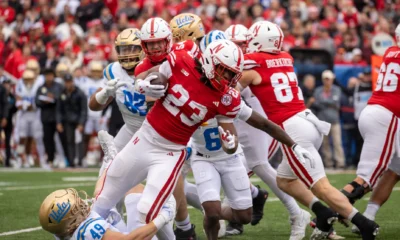

Football
/ 2 months agoHuskers Fight Hard but Fall Short Against UCLA
LINCOLN – The Nebraska Cornhuskers gave it their all on Saturday, with standout efforts...
-
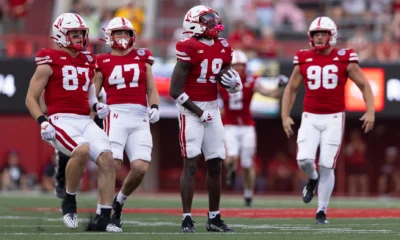

Football
/ 3 months agoGAMEDAY: Nebraska Set to Face Undefeated Indiana in Key Big Ten Showdown
Bloomington, IN – It’s Game Day, Husker Nation! Nebraska (5-1, 2-1 Big Ten) returns...
-
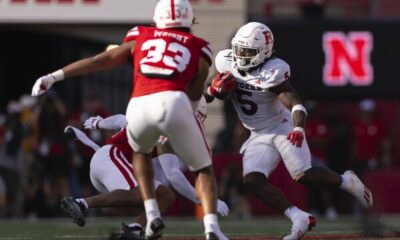

Football
/ 3 months agoBlackshirts Shine as Nebraska Tops Rutgers 14-7 on Homecoming
Lincoln, NE – Nebraska’s Blackshirt defense played a starring role in the Huskers’ 14-7...
By Chris
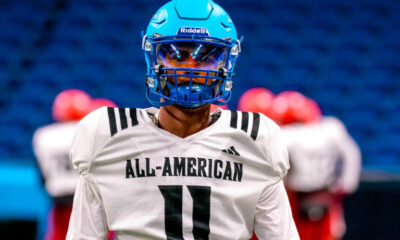

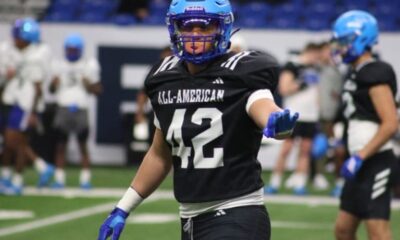

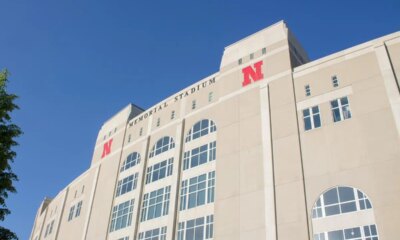

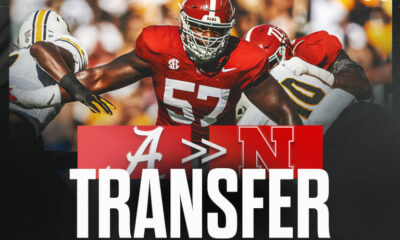

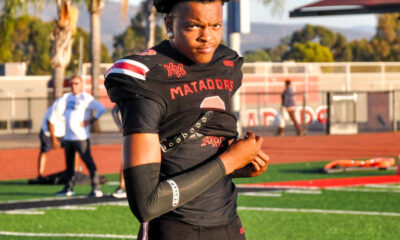

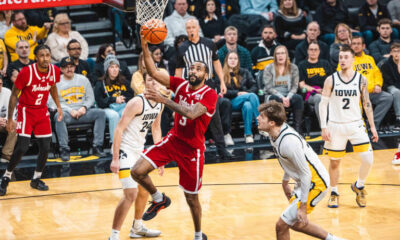

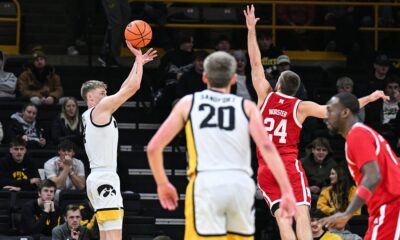

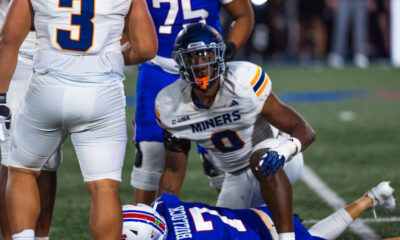

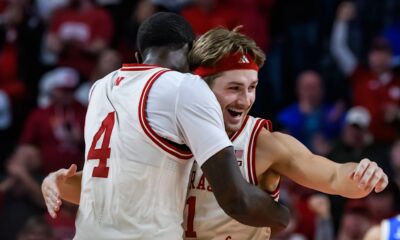





You must be logged in to post a comment Login